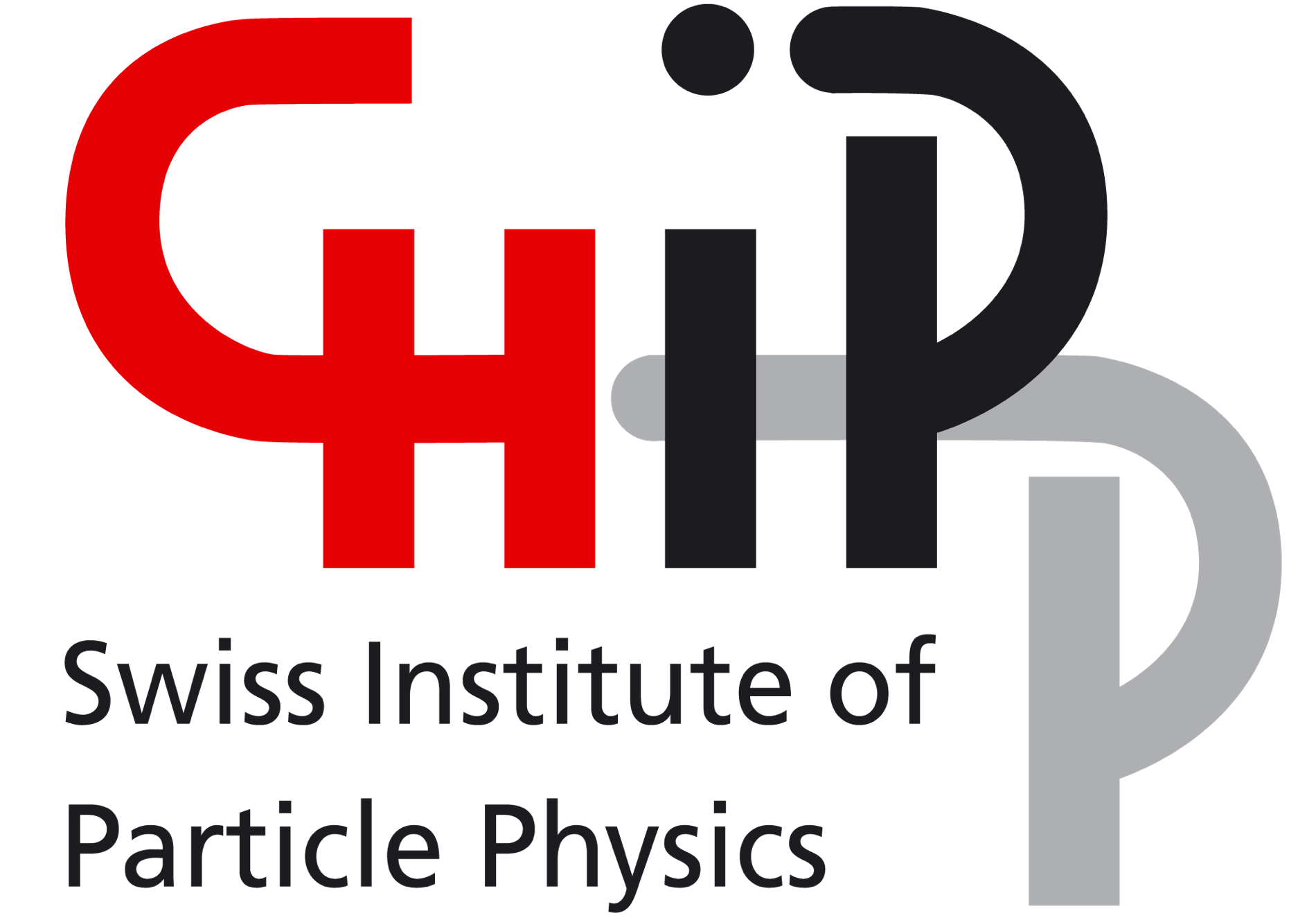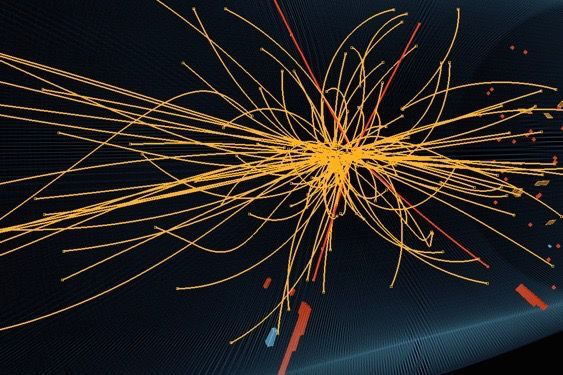Panel 60 years CERN
Huge benefits and missed chances
A panel with prominent participants discussed the influence of CERN on Switzerland and its society at the joint annual conference of the physics-organizations CHIPP and SPS at the University of Fribourg on July 2nd 2014. On the occasion of the 60th anniversary of the European Laboratory for Particle Physics (CERN) the debate focused on CERN´s enormous contributions but also its missed chances.

60 years ago twelve European countries launched the European Laboratory for Particle Physics CERN. Among them was Switzerland, which has been hosting the research organization jointly with France since then. Since 1954 the installed particle accelerators have grown continuously – as has the family of CERN members. Today it includes 21 states. Israel, that joined CERN this year, is the first member state that is geographically not part of Europe. Two additional new members, Romania and Serbia, are waiting to be officially included.
So without doubt CERN has not lost any of its attraction over the years. The research institution´s 60th birthday does not only mark an important milestone for the 10,000 scientists who explore elementary particles at CERN. It also fascinates the general public in Switzerland as well as around the globe. Asking about CERN´s influence on Switzerland and its society, like CHIPP and SPS did on the occasion of the anniversary event, this fascination becomes very obvious.
“Training camp for engineers and scientists”
The Swiss Physical Society (SPS) and the Swiss Institute of Particle Physics (CHIPP) are two important physics organizations in Switzerland. SPS President Andreas Schopper and CHIPP Board Chair Olivier Schneider were pleased to welcome Rolf Heuer, Director General of CERN, as keynote speaker in Fribourg. He presented his organization with its 2300 employees as a “fantastic training camp for engineers and scientists”. Rolf Heuer used an impressive number to underline his thesis of CERN being crucible for new talents: 26 year olds form the largest age group among the scientists.
“We started out on a European level but today we are clearly global”, said Heuer as he looked back at CERN´s history. The French diplomat Francois de Rose was one of CERN´s founders in 1954. In 2012 the then 102 year old, came to visit CERN after the Higgs boson had been discovered and was welcomed by CERN director Heuer. Francois de Rose was still thrilled by the vision of CERN as a multinational scientific organization, as Heuer remembered the encounter. And the CERN founder de Rose asked a favor of the current director: “Please inform me of your next discovery.” Unfortunately CERN´s next discovery did not happen soon enough. De Rose passed away in 2014.
Heuer also looked ahead in his speech and presented the numerous new projects for ring accelerators (Geneva), linear accelerators (Geneva, Japan) and a neutrino major research institution (USA). Currently the interest is focused on results that are still expected from the particle accelerator LHC. Even though LHC has already operated for three years (2010-2012) and lead to the discovery of the Higgs boson, it is still young. Only a tenth of the accelerator´s life span has been used up, said Heuer. During that time it has only produced one percent of the expected particle collisions.
LHC´s time of operation will last beyond the year 2030 and will offer many opportunities for new discoveries, Heuer said. Among them may be the answer to the question, whether the discovered Higgs boson is indeed THE Higgs boson of the standard model or just one Higgs boson among many others. Heuer was positive that the Higgs research will also help to give indications about the nature of dark matter and dark energies.
Political Disturbances
CERN moves protons, ions, neutrons, antiprotons, electrons and neutrinos. But what does it set in motion in its host country Switzerland? This was the central question of a panel discussion facilitated by science journalist Oliver Dessibourg (“Le Temps”). “CERN shows what you can achieve with superb engineering”, said panel member Ulrich W. Suter, President of the Swiss Academy of Engineering Sciences (SATW). Friedrich K. Thielemann, President of the Platform Mathematics, Astronomy and Physics (MAP) at the Swiss Academy of Sciences (SCNAT), stressed CERNS´s economic importance for Switzerland. He also mentioned the laboratory´s contribution in the education sector.
Almost inevitably the panel members addressed the strong irritations in the scientific collaborations with the EU. They were caused by the Swiss referendum on the Mass Immigration Initiative in February 2014. It led the EU to downgrade Switzerland from Associated to Third Country. Heuer stressed that CERN was not impacted by this step. With an elegant reference to the underground particle accelerator LHC he added: “There is no reason for CERN to leave Geneva. We are firmly anchored in the ground.” ETH President Ralph Eichler for his part seemed to be more worried about the political developments of the Swiss-EU-relations. “The worst impact is that we are excluded from scientific competition. This is as if FC Basel would only be allowed to play inside Switzerland and not compete with international teams.”
Unused Potential in technology transfer
Critical remarks by the panel members were aimed at the lacking contribution of CERN´s basic research to industrial and commercial applications. Switzerland and Europe as a whole were not successful in benefiting adequately from the technological innovations at CERN,” said Martin Vetterli, President of the National Research Council at the Swiss National Science Foundation. The USA had been better at applying basic research successfully, not least because of its very different business culture, panel members agreed. ETH President Eichler: “CERN could have done more for technology transfer.” He claimed that the organizational structure of CERN was one reason for this shortcoming: CERN is jointly operated by different countries and it is often unclear who may benefit from whose success.
Among the panel participants was also Maurice Bourquin, Ex-President of the CERN Council and Ambassador Alexandre Fasel, Permanent Representative of Switzerland to the United Nations and the International Organizations in Geneva. Fasel stressed that CERN´s location in Geneva, close to the United Nations, is useful for communicating the concerns of the scientific community to the UN. CERN also helps Switzerland in the field of Science Diplomacy, said Fasel – but: “Switzerland does not belong to the early movers in this field.
Benedikt Vogel (published 3. 7. 2014; translated by Petra Krimphove)





